Understanding Boat Insurance
Author: New Wave Marine | Date: 31/08/2024 | 6 min Read
Understanding how boat insurance works is crucial for anyone owning or considering the purchase of a vessel. This article dives into the mechanics of boat insurance, detailing how premiums are set, what typical policies cover, and the processes involved in making a claim, ensuring you have the confidence to navigate your insurance options safely.
Premiums and Policies
Boat insurance premiums are primarily determined based on a few key factors, including the type of vessel, its value, age, and usage. Insurers also consider the owner's boating experience and the geographic area where the boat is operated. Premiums may vary significantly based on these variables, making it vital to provide accurate information to obtain the most suitable quote.
In addition to these factors, insurers assess risk levels differently, affecting premium costs. For instance, boats stored safely during off-season months typically see lower premiums compared to those kept active year-round. Furthermore, having safety features like GPS systems and anti-theft devices can also contribute to reduced premium rates.
Understanding the ins and outs of your policy is crucial. Policies can either be ‘agreed value’ or ‘actual cash value.’ An agreed value policy locks in the boat's insured amount, meaning no depreciation is subtracted if a total loss occurs. Conversely, actual cash value policies account for depreciation over time, which might affect claim payouts in older vessels.
Coverage Explained
Boat insurance policies provide a variety of coverage options to protect your investment and limit financial liability. Basic coverage includes protection against physical damage to the boat itself, which can arise from accidents, theft, fires, or severe weather events. It's important to ensure your policy covers potential risks pertinent to your area, such as cyclones or flooding.
Liability coverage is another critical component offered by boat insurance. This can cover you financially if your boat causes injury to people or damage to other boats or property. Such coverage is particularly vital if you often sail in busy waters, where the risk of collision is higher.
Additional coverage extensions might include emergency service support, fuel spill liability, and new for old replacement for damaged parts. It's essential to review your policy options and discuss your specific needs with an insurance broker or agent to ensure comprehensive protection.
Making a Claim
Filing an insurance claim starts with prompt communication with your insurer, ideally as soon as an incident occurs. You'll need to provide a detailed account of the event, supported by documentation such as photographs, repair estimates, and police reports if applicable.
The claims process involves an evaluation by the insurer to assess the damage or loss. It's crucial to have your boat insurance policy number handy and understand the specific steps your insurer requires for claim submission. This ensures a smoother process and quicker resolution.
Once the assessment is complete, the insurer will offer a settlement based on your policy terms. Ensuring you understand your policy's deductible amount beforehand can help manage expectations when it comes time for compensation settlement. Remember, consistent maintenance records and a clear history of any preventive measures taken can facilitate a favorable claims process.
Learn More
Explore Blog categories
Want to receive the latest news and boating advice?
We offer a convenient newsletter subscription service that delivers the latest updates to your inbox. To sign up, visit our website and enter your email address in the subscription box. It's quick, easy, and free, and you'll be the first to know about any new products or services we offer
Thanks for signing up!


.jpeg)
 (1).jpg)



